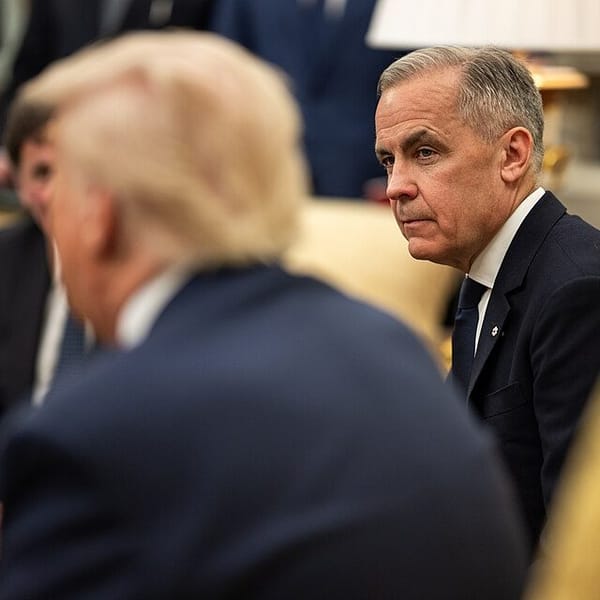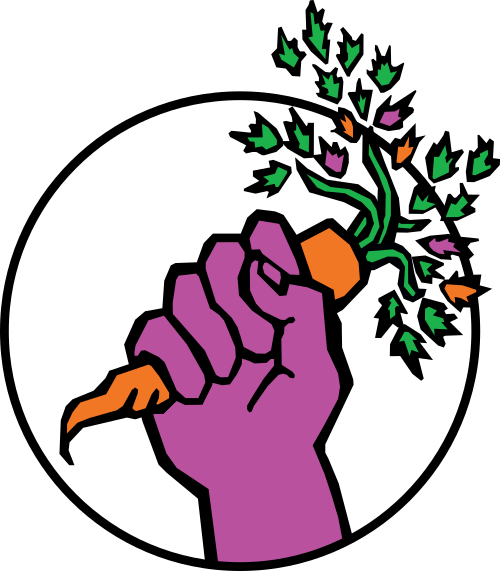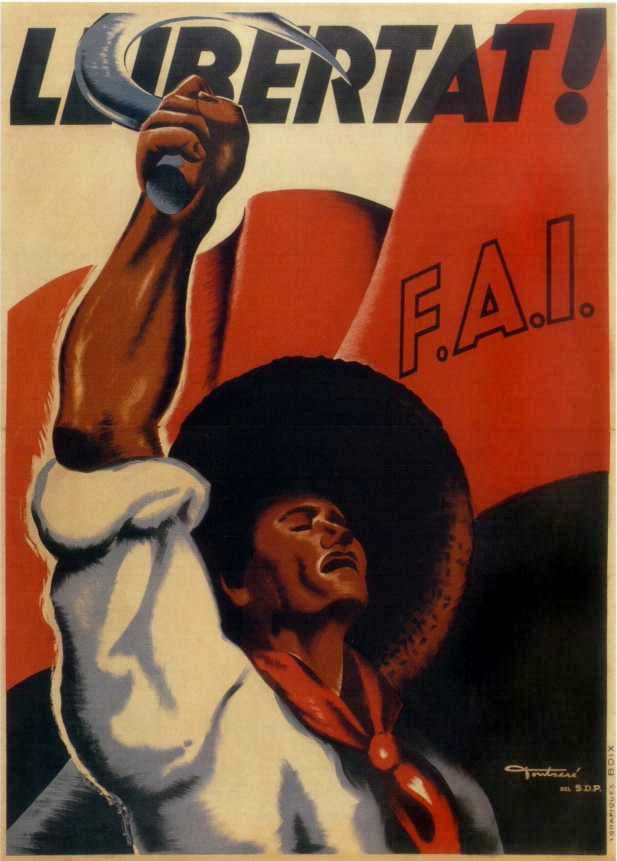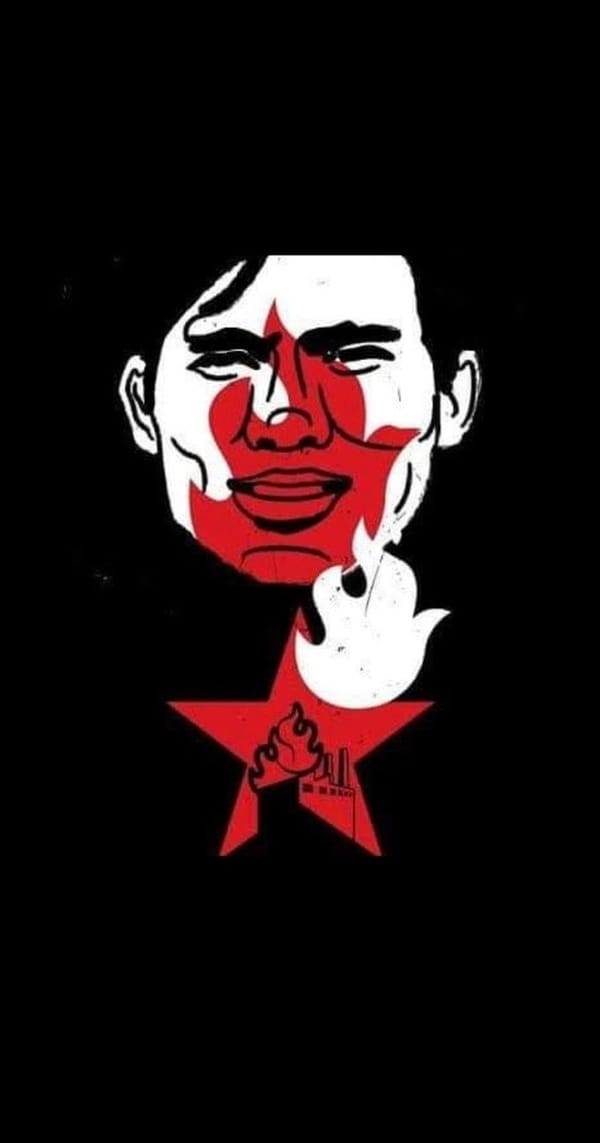The Vicissitudes of Democratic Socialism
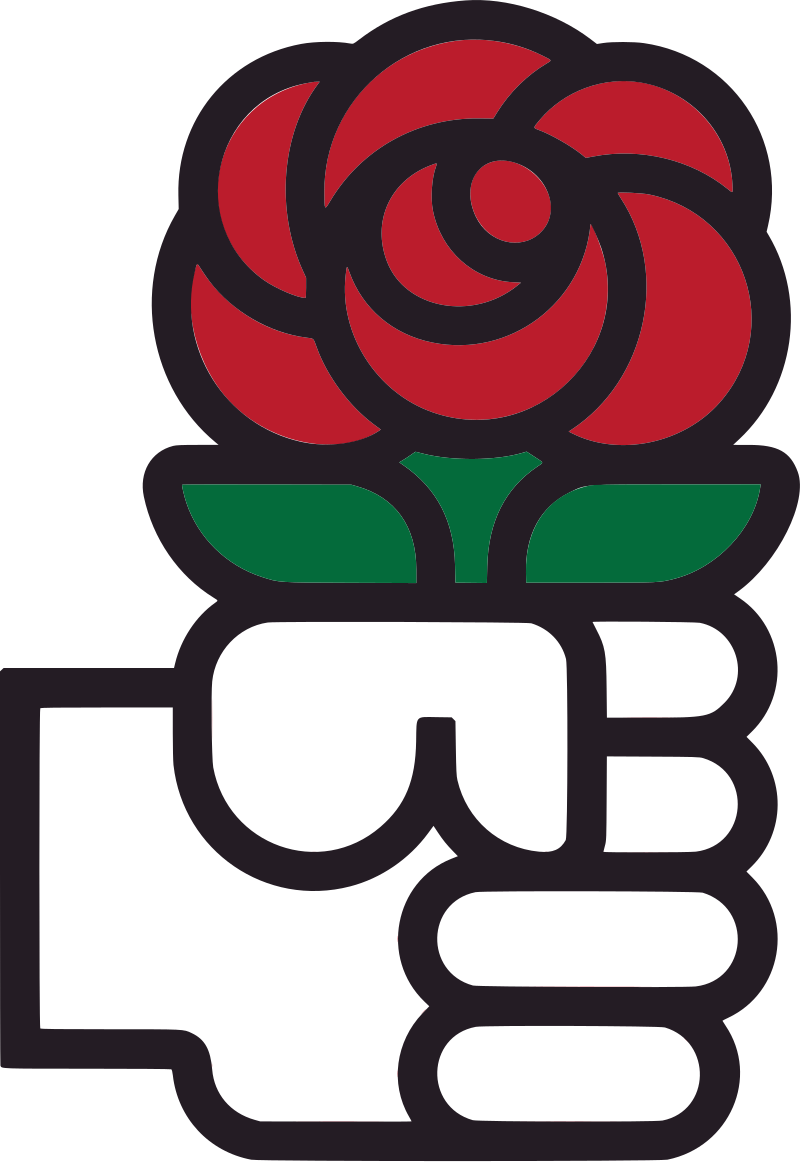
Democratic socialism is a polysemous phrase, that is a phrase with multiple partly related senses. Socialism is polysemous in itself, but in its case it's arguable that only one of those senses is useful for categorizing a real ideological phenomenon. In the case of democratic socialism, the phrase refers not only to a form of socialist ideology, but also to at least two different forms of liberal ideology. The definition of socialism which captures a real ideological phenomenon refers to the only political ideology to call for the creation of a society entirely organized through voluntary and participatory institutions in the absence of class distinctions: the free association of producers. Liberalism distinguishes itself from socialism on the basis that it calls not for universally voluntary and participatory associations of equal producers, but for a centralized political authority whose basic purpose is to enforce the common freedom of all.
Centrist forms of liberalism demand that the political authority which enforces the common liberty of all consist of institutions which balance minority rights against the public good and thus act as checks on majority rule. Centrist liberalism along with centrist forms of conservative ideology have been ideologically dominant since 1848 and thus constructed the liberal democracy as the main form of government in the western world characterized by a representative democratic state organized through separation of powers and limited by obligations to respect civil rights. More radical forms of liberalism reject liberal democracy and the demand for the liberal political authority to put checks on majority rule. Since the majoritarian nature of radical forms of liberalism has led them to often call for vast wealth redistribution and direct majority rule they often claimed to be, or were confused for, forms of socialism.
However, even radical forms of liberalism require the existence of a centralized political power which enforces common liberty; particularly the unmediated rule of the majority and is thus incompatible with the socialist vision of a world without centralized and coercive political mechanisms. Democratic socialism variously refers to actual forms of socialism, forms of centrist liberalism, and forms of radical liberalism. The form of socialism it refers to is an anti-bureaucratic form of Marxism-Leninism. Marxism-Leninism is the version of centralist socialism (that is socialism which calls for the use of centralized political power to achieve the socialist society, upon the completion of which that power will "wither away") which proclaims that the transition to socialism necessarily takes the form of the construction of a socialist nation to represent revolutionary workers and peasants as a national community.
Since Marxism-Leninism was first synthesized by Stalin his rule in the Soviet Union characterized by communist party dictatorship leading a state directed bureaucratic command economy become the political-economic model for Marxist-Leninist regimes around the world. Ordinary people and socialist ideologists often came to regard the bureaucratic hierarchies and inequalities produced by this political-economy as incompatible with socialist principles. This produced a reformist version of Marxism-Leninism which conceded the claim of regimes like the Soviet Union, People's Republic of China, and Socialist Yugoslavia, to be "socialist" on the basis of state direction of the economy (Marxism-Leninism following Stalin used the word "socialism" to refer to the non-capitalist national transition period to the final goal of a free and equal association of the producers, which Marxist-Leninists would refer to as "communism", where previously socialism and communism were used interchangeably by communists.), but called for the elimination of the bureaucratic hierarchy and its replacement by direct forms of mass democracy through the communist party and state organs of economic planning. This reformist approach to Marxism-Leninism came out of the intellectual uprising in the 1968 Prague Spring, as well as Socialist Yugoslavia's doctrines of self-management and federal nationalism, and Gorbachev's Perestroika and Glasnost reforms which ended up unraveling the Soviet Union. This reform Marxist-Leninism went variously under the names "Market-Socialism", "Democratic Socialism", and "Socialism with a human face".
In the west during the period of neoliberalism in which free trade, limitations on union power, and austerity were used in order to boost the power of capital centrist liberals such as the leadership of the British Labour Party and social scientist Anthony Giddens abandoned the idea of state control of industry for a new ethical approach to liberal-democratic political-economy in which privatization and state control would be variously employed on a practical basis according to liberal-democratic ideas of the public good. This approach to liberal democracy went variously under the names "social-ism", "democratic socialism", and "The Third Way". Today when protectionism and deficit spending have replaced neoliberalism this liberal-democratic sense of "democratic socialism" continues in the proclamations of recent NYC mayoral elect Zohran Mamdani and British Labour Prime Minister Keir Starmer.
In response to the neoliberal consensus around the world populist movements proclaiming socialism but really calling for a populist version of constitutional democratic government to be wielded in favor of the morally upright common person defined in terms of the working class and ethnic minorities, sprung up sometimes in Europe, but particularly in Latin America. The PSUV of Hugo Chavez and Nicholas Maduro as well as the MASS of Evo Morales are probably the clearest examples of this form of populist radical liberalism which often took on the moniker of democratic socialism, or "socialism for the 21st century". The liberal-democratic version of democratic socialism represents an ideological experiment on the part of centrist ideology in an era where the capitalist world-system which it was formulated to defend is delivering less benefits for both lower strata and elites as increasing wealth inequality produces polarization between an ever more impoverished common person and ever more precarious wealthy elite. It represents a strategy on the part of centrist liberal elites for illusory concessions in which an ethical program of weighing the interests of private enterprise against needs for public infrastructure and wealth redistribution is put in place of any material concessions to working class and minority populations. The function of such an ethics is effectively to woo the lower strata of the world-system with high-minded values into believing that an improvement in their living standards is coming down the pike, when in fact the polarization of the world-system makes any significant redistribution of society's benefits impossible. We shouldn't read this phenomenon primarily as an elite conspiracy. It is a genuine political strategy for coping with the crisis of the world-system which is backed up by genuine ideological commitment on the part of political and economic elites. People like Mamdani and Starmer genuinely see themselves as putting forward a laudable politics for a troubled time, but the crisis conditions of the world-system make acting on their ethics impossible. At the same time, it is genuinely self-serving for the ruling class as it keeps the population fixing their hopes on moderate an ultimately illusory solutions, rather than on the possibility posed by genuine socialism for a solution to the crisis in a radically new form of world-system.
The reform version of Marxism-Leninism was never implemented in the Soviet Union until it was too late, but the Socialist Federal Republic of Yugoslavia pursued it as an alternative model to Soviet socialism under the leadership of Josip Broz Tito after the Yugoslav communists broke with Stalin in the immediate aftermath of WW2. In pursuit of a model of building socialism which genuinely achieved the free association of producers, rather than domination by a party-state bureaucratic ruling class the leaders of Socialist Yugoslavia implemented a system of worker self-management in industry and federation of south Slav nationalities at the national level. The worker self-management did not take the form of real worker control of industry but was really a form of market mediated worker participation in the management structure. The federal governance structure, while supposedly guaranteeing equality of say in national governance to all nationalities, tended to favor an economically monopolistic core of national republics against more impoverished periphery republics. The result was a contradictory political-economy in which a state-directed communist party dictatorship existed uneasily and unreconciled alongside market mechanisms and regional autonomy.
The result was that by the end of the experiment workers were almost completely disempowered by management structures chasing market demands, the economy was in shambles with high unemployment and large levels of indebtedness to the IMF, and competing south Slav nationality claims reasserted themselves ultimately producing the collapse of Yugoslavia into a violent civil war promptly after the death of the country's strongman leader in Tito. There are ways of addressing these failures from the point of view of socialism with a human face. One could have advocated common administration of national governance and resources in a confederation, rather than the uneasy federation which produced economic inequalities between republics. One could have advocated full worker control of industry in state-controlled associations which achieved directly democratic state planning in place of market liberalization under partial worker participation. One could also have advocated a decentralized communist party leadership in place of Tito's one-man dictatorship. However, the problem with even the most idealistic forms of socialism with a human face is that it fails to deal with the critique of all forms of Marxism-Leninism put forward by decentralist socialists from intellectuals and movements within the camp of western Marxism to those of Anarchism (decentralist socialism being the version of socialism which calls for the immediate replacement of centralized political power by self-organized revolutionary organizations which are networked together on a horizontal basis).
These critics pointed out that the centralist approach of Marxism-Leninism in which the national state was to be the main mechanism for effecting the transition from capitalism to socialism forced the communist movement to take on the function of an ideological and coercive mechanism for containing revolutionary energies and subordinating workers and peasants to the requirements of the world-market and its geopolitical hierarchy of power and wealth between states. This is because the national state within the capitalist world-economy cannot survive without becoming integrated into the political-economy of the capitalist world-system. As such communist regimes universally became bureaucratic party dictatorships in which state controlled industry and sometimes market liberalization were used to subordinate workers and peasants to the world-market's hierarchical division of labor; producing all kinds of terrors and errors in which millions perished. Socialism with a human face never got off the ground because the communist state needed to maintain the same function as all states within the capitalist world-economy, the subordination of the working masses to the world accumulation of capital. To present a genuine alternative to Marxist-Leninist state-capitalism, it's not enough to democratize it, centralist socialism must be abandoned altogether for decentralist paths to social revolution.
Perhaps most instructive of the left-wing populist experience of "democratic socialism" is Venezuela's Bolivarian revolution under the PSUV. Its populist radical liberalism was inspired by genuine forms of socialism from council communism to Maoism, but the idea of the Bolivarian revolution and "socialism for the 21st century" never went beyond the populist idea of governance by the morally upright common folk, meaning that the PSUV government was to act as the central political authority for enforcing unmediated majority rule. No vision could be articulated for a society governed by a free producers' confederation, rather despite being Chavez backed experiments with communal and industrial direct democracy such as communes and popular assemblies were limited in scope by party backed state control and administration of industry with the economy still largely in private hands and in favor of dependence on the world oil market. US meddling in the region and targeting of Venezuela through sanctions and regime change efforts, dips in the oil market, and political polarization have turned once widely popular PSUV rule under Chavez into autocratic rule Under Maduro. The Bolivarian revolution has transformed into nothing more than another autocratic state in the impoverished peripheral zones of world-capitalism.
Socialism still offers an alternative to the capitalist world-system, especially in an intensely polarized time of structural crisis in which accumulation of wealth at two poles is undermining societal benefits for all, in which capitalism is replaced by a free producers confederation in which self-organized and horizontally networked institutions at regional and interregional levels (such as regional mass assemblies and interregional communes governed by said mass assemblies) facilitate the coordination of social production at the world level through free agreements and participatory decision making among all human beings. Unlike every other social system in history, including capitalism which is premised on the use of the unpaid labor of the working class to produce profits via a hierarchically organized division of labor characterized by forms of social discrimination and centralized political power, a world socialist confederation would be a world-system in which all of humanity exercises equal control over its life activity. From the socialist point of view the false concessions of centrist liberalism will only affect an elite led transition to a new form of hierarchy and inequality in the wake of capitalism's structural crisis and left-wing populism will only act as a justification for authoritarian forms of government which also fail to break from from the most inhumane aspects of the existing world-system. From the point of view of decentralist socialism, the Anarchists were historically correct to insist that centralist socialism would only reproduce capitalism by subordinating the working masses to a new central political authority. Democratic socialism is nothing, but a multifaceted contortion of ideologies which represent the continuation of human beings living inhumanely.
Sources
Populism: A Very Short Introduction, Mudde and Kaltwasser
Anarchism: Key Concepts, Honeywell
Chavismo: Revolutionary Bolivarianism, Azzellini
The Promise and Pitfalls of Revolutionary Left Populism: The Case of Venezuela, Hetland
Liberalism, Freedan and Steers
Western Marxism and The Soviet Union, van der Linden
Socialism: Key Concepts, Lamb
The Rise and Demise of World Communism, Breslauer
Yugoslavia: Workers' Self-management as State Paradigm, Music
Yugoslav Communism and The Yugoslav State, Banac
World-Systems Analysis: An Introduction, Wallerstein
The Bourgeois(ie) as Concept and Reality, Wallerstein


